Alejandro Amenábar made a crime thriller film called Tesis in Spain.
The protagonist Angela embarks on her thesis writing about snuff movies. She finds footage of a snuff movie where the subject is not acting but actually getting killed - just for making the film. It is a film made by a film student about film students. The film "Tesis" thus becomes a metafilm. It went on to win seven Goyas (Oscars of Spain).
Similarly, this muse about my experience with thesis writing. It is not about a particular thesis. It is a 30,000 foot view about the thesis writing process itself.
Thesis supervision at ITAM
How it started
It started for a selfish reason: To be recognized as a researcher (by the System of National Investigators in Mexico) I needed to be seen to be producing “human capital” - I needed thesis students.
Most students stayed away from me for the first year because the students reckoned that I did not understand much Spanish - let alone speak it.
One brave soul - Miguel Ángel, came in. He had excellent English under his belt. So, he became my first thesis student at ITAM. His thesis was good on many fronts. It had solid theoretical economics underpinning. He got real life data. We could test out: Does rising price of insurance reduce demand? It may sound very simple. It is not. What the “price” is in an insurance context is tricky business. Moreover, holding other factors constant is not easy either. [Vázquez Hiroishi, Miguel Ángel, "Determinantes de la demanda por seguro de vida usando información no agregada" 1997. 80 pages.]
I was very happy with his single mindedness to finish. He wanted to go to Norway. He got accepted at the University of Oslo for his Masters degree. It is a difficult university to get into. I hope I have contributed some for his admission. [That he was the junior champion of tennis in Mexico probably contributed more.]
The second thesis that I got to direct came with a challenge. A bit of background first. Mexico had just radically changed the publicly mandated system. It did not change the entire system. It did not even cover 40 percent of the working population. But the new system was going to give a choice of funds.
The big question: How should they decide?
The answer had to be what would suit them when they retire. But, then, not all funds offered the same outcome. It depended on their fee structures, nominal and real rates of return and the length of work life. It was apparent that most people did not have a clue about any of it. For example, a survey of professionals I did showed that one in a hundred was actually choosing a fund. The rest are simply signing the name of the fund that their HR department was recommending.
The thesis would produce a simple add-on to Excel to give an optimal choice. The task was to produce a recursive formula like this
We needed a lot of details. When I explained all of this to Felipe, he showed up with a partner - Connie. They wanted to do the thesis together.
This produced another problem. At ITAM, joint thesis is discouraged (although technically allowed). They have to show that (1) it does require the effort of two individuals and that (2) the substance is of what a “normal” thesis would have. Of course, in the final exam, they have to show that both of them understand the problem well and that both have equally contributed.
I was sure that I could convince other people of the enormity of the problem - especially because we did not have much facts on the ground. Specifically, we needed to simulate the future of a system that had barely existed for a year and project outcomes for four decades without any proof on the ground.
To prove that it was worthy of serious research, I decided to submit a part of our work at the prestigious international gathering called Insurance: Mathematics and Insurance conference. In 1998, it was held in Lausanne. I was relieved when it was accepted. But I wanted Connie and Felipe to present the findings. I had to train them about presentations. In such gatherings, you cannot waffle on and on. You get 25 minutes to present and another 5 to answer questions. There were a lot of anxious moments in the hotel room preparing these kids. Remember, these were undergraduate students with no exposure to such international professional gatherings.
The rest of the time, I let my beard down and had fun. Yup, c’est moi. The guy behind me looking slightly bewildered is Jed Frees. He was a professor at the University of Wisconsin-Madison for 35 years. Recently, he saw the light and moved to Canberra to join the Australian National University.
Connie and Felipe had a lot of fun. There were other students there they hung out with. I stayed discreetly away. But talking to other students, they found that the other kids were all PhD students. And here they were - not even with a Bachelor’s degree in hand. It was shocking for both of them: They were expecting other students to be like them - undergraduate students.
Eventually a part of this research came out in one of the Society of Actuaries publications. It is still up on the internet at the Society of Actuaries website after all these years.
Since that tentative start, I have supervised over a hundred Licenciatura theses at ITAM, Mexico. I have also directed two dozens of Masters theses at ITAM as well.
Supervisor versus examiners
At ITAM, most often the examiners are assigned by the department heads unless the students themselves take some initiative to choose. More importantly, the examiners often excluded the thesis supervisor. The idea is to remove any biases in the result. As a result, I ended up being on the thesis committee of at least four hundred undergraduate theses exams. At the end of the thesis defense, the tradition is to get the student to hold up the paperwork with the signatures of all the examiners and have a photo taken like this. [The venue is typically a normal classroom. Sometimes, the student has to use the whiteboard to explain something.]
The Last Student: It started during Covid-19
I got an email from a former student during the height of Covid that she wanted to do her thesis with me.
“Hola Dr. Tapen, buenos días
Soy Christiane Gama, estudié actuaría en el itam hace algunos años! Por cuestiones laborales no había concluido el trámite de titulación y ahora estoy decidida a concluir ese tema.
Quería preguntarle sobre la asesoría de tesis. Yo trabajo en la industria farmacéutica y quisiera hacer la tesis sobre modelos de costo efectividad para la evaluación de medicamentos por el consejo de salubridad general que es a lo que me dedico.
Tengo entendido que usted asesora a muchos alumnos con su tesis, quisiera preguntarle ¿Quisiera/pudiera ser mi asesor?
Muchísimas gracias
Christiane Gama”
We had a Jitsi call. We chatted. You can see how skeptical I was.
I am happy to report that it ended well.
Christiane defended her thesis on 13 December 2024.
She was my student some seventeen years ago in *one* class. For the last fourteen years (and cacho), she has been working in Bristol Myers and Squibb working her way up. She is well-respected at her workplace: She can straddle between the actuarial world and the drug development world at ease that very few people can in Latin America.
I developed a secret formula about writing a thesis
It is very simple. On a piece of paper, I would write down:
Chapter 1
Chapter 2
Chapter 3
Chapter 4
Chapter 5
Then I would tell the student: You do NOT write the Chapter 1 first. It would be written at the end. It would tell the reader what the thesis is all about. Without writing the thesis itself, you cannot write that, can you?
Chapter 2 would be a literature review. It would bring the reader all the research that has been done till today. It will then tell the reader what new contribution *this* thesis will bring.
Chapter 3 will be all about the data and the model(s) to be used.
Chapter 4 will be the analysis - the core of the thesis.
Chapter 5 brings in the conclusions.
300 words per page, 60 to 80 pages - 18,000 to 24,000 words is more than enough.
I would add, if they could write 300 words a day, they will have a thesis wrapped up in two months. It is a tall ask - especially if they are working full-time. In reality, it took one to two years. There was one student - who quit her job to finish her thesis in 90 days! That is a story by itself.
My PhD thesis was 69 pages long - words are harder to count because it had lots of equations. Of course, one cannot beat John Nash for brevity and substance of a PhD thesis. His seminal PhD thesis on game theory was 27 pages long - which resulted in a Nobel Prize in Economics. [In printed pages, it was just 13 pages.]
What have I learned
When I started with supervision of a thesis at ITAM, I would start with an idea with the student, then we would keep on tweaking. It took me some time to understand that I may have lots of time - but the student has to graduate in a finite time. They cannot put their entire life on hold for finishing the thesis. Often, their promotion in their jobs depended on getting their degree in hand.
Sometimes, I would give some wild and wooly ideas without thinking it through, and the student would come back with questions I could not answer! There was a lesson there for me.
It changed the way I did my own research.
All about death and dying
Looking back, a large number of my students ended up working on life insurance one way or another. Life insurance is a euphemism. It is death insurance. I ended up directing many theses about a very morbid subject: death.
Look at the first thesis I directed. It is about death. Look at the last one. It is about cost benefit analysis of mortality of different treatments of melanoma. It is about death.
I did not even think about it that way until two things happened in the past few months. It got personal:
(1) I got diagnosed with fast moving Diffuse large B-cell lymphoma (DLBCL).
(2) I got hit by a fast moving car that nearly killed me. If the car had moved another 18 inches, it would have crushed my ribs with a squished heart inside and kill me.
The DLBCL still can kill me in short order.
Executive summary: Caminando, nos cambiamos. By traveling, we change ourselves
This muse is dedicated to all my thesis students. Without them, I could not have written this muse.
Executive request to my thesis students: If you know some other thesis students of mine, please forward this muse to them. They might find it interesting.





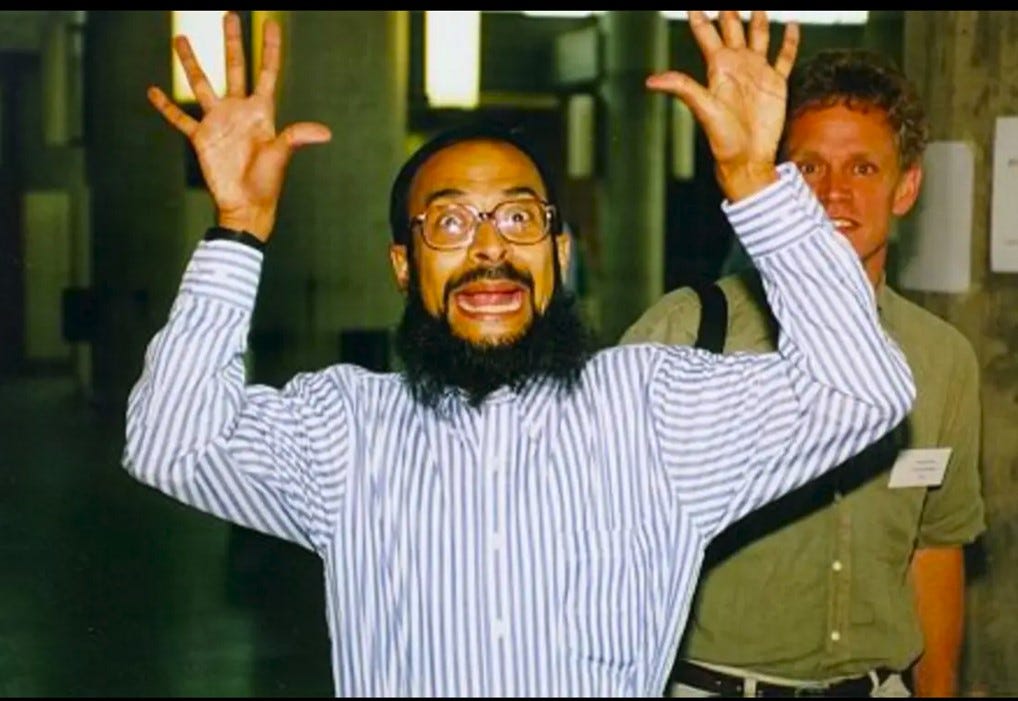
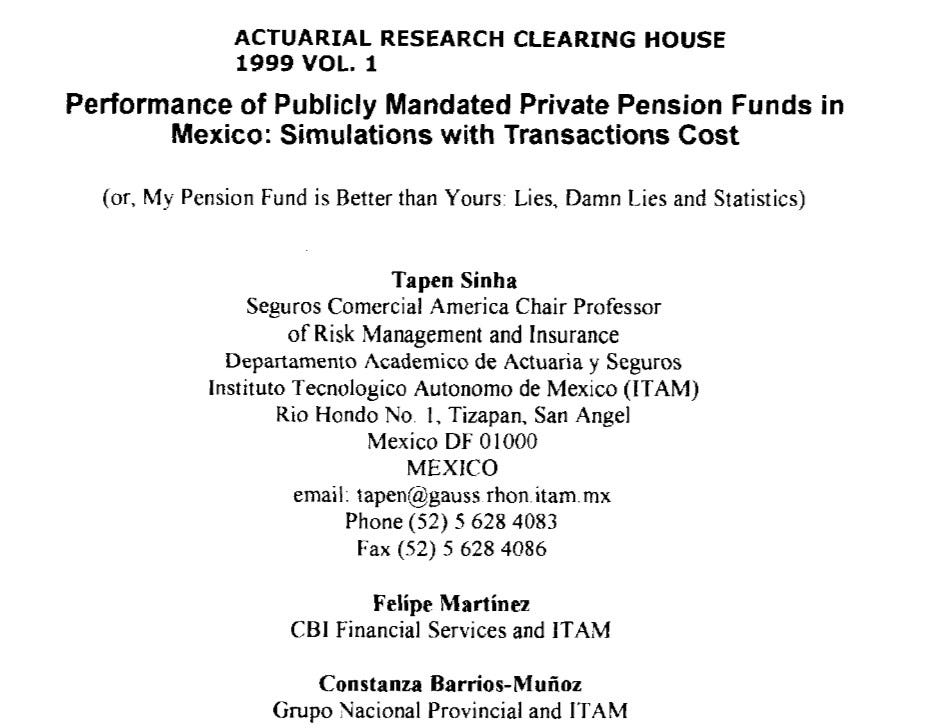
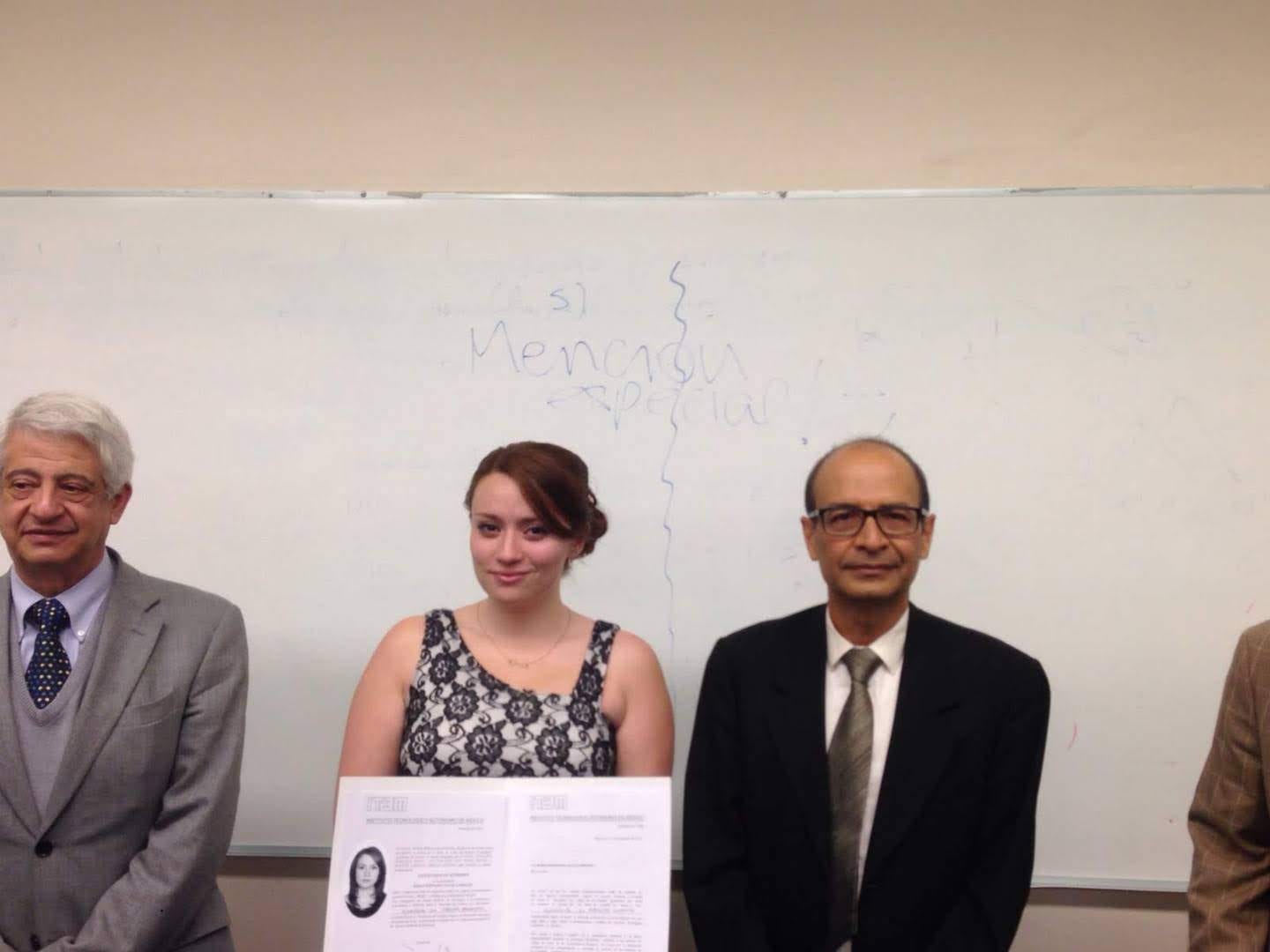

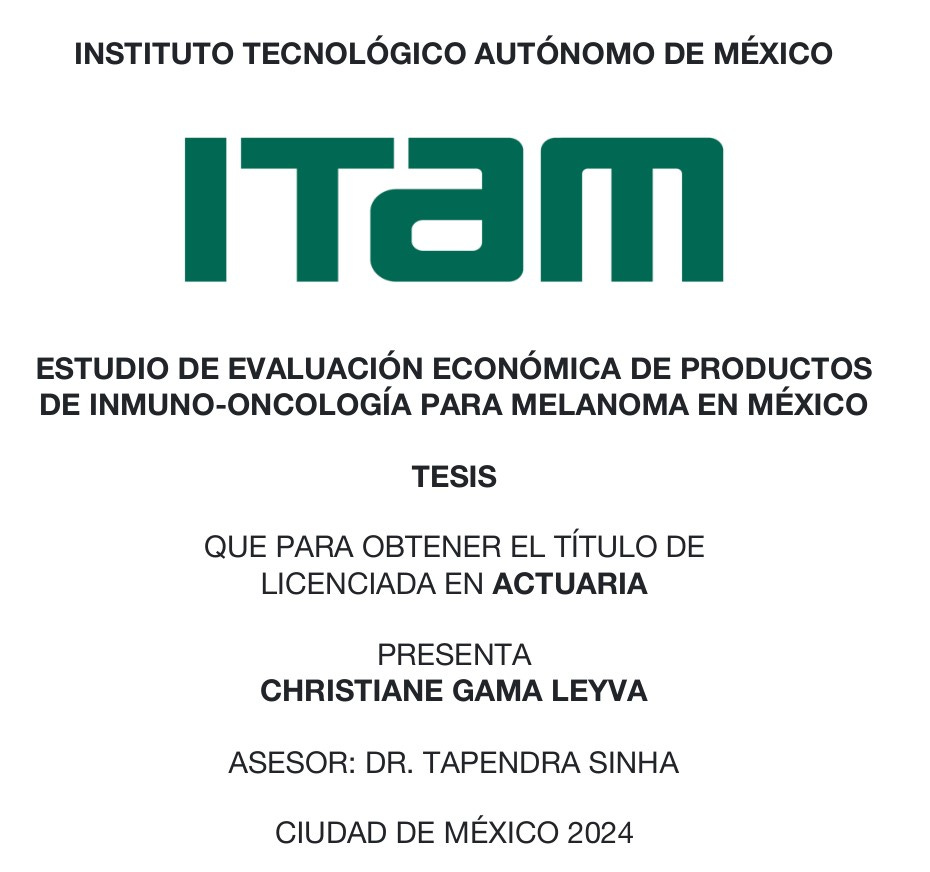
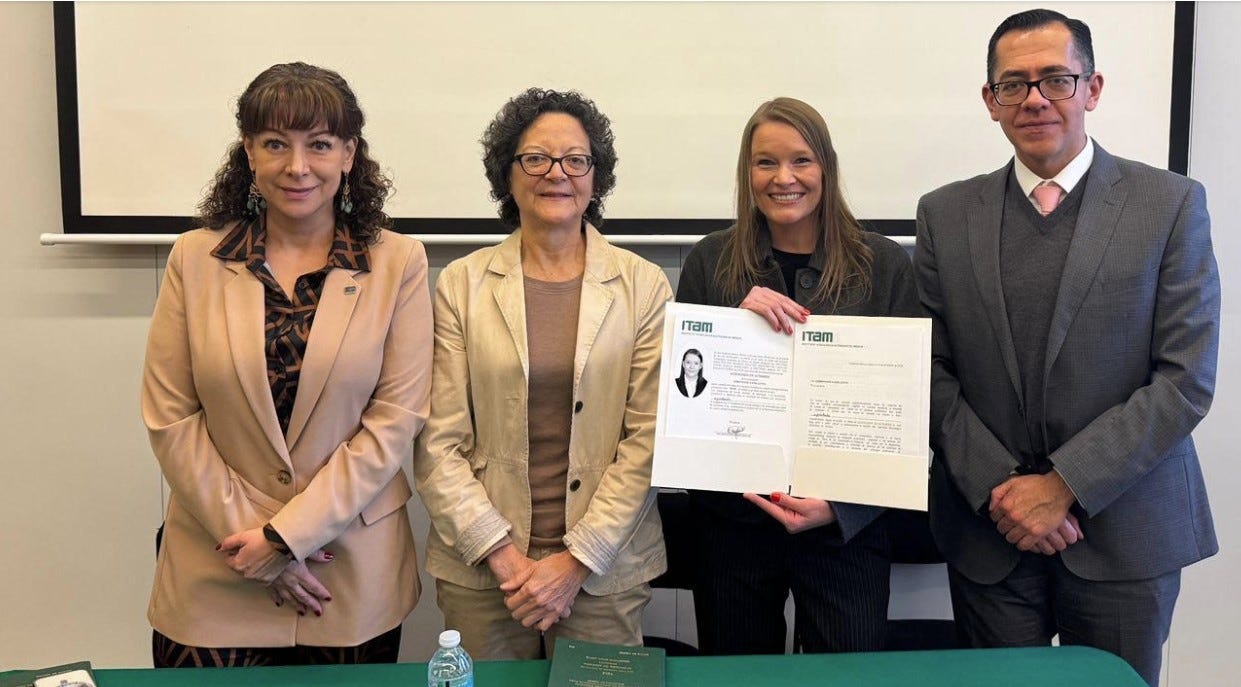
Singular clarity and depth oc ideas. The end is a shocker!
This is so well-written; a sharing of so many rich experiences. Selflessness from the guru (teacher) pleases me most profoundly. I'm not sure I can think of anything nobler.